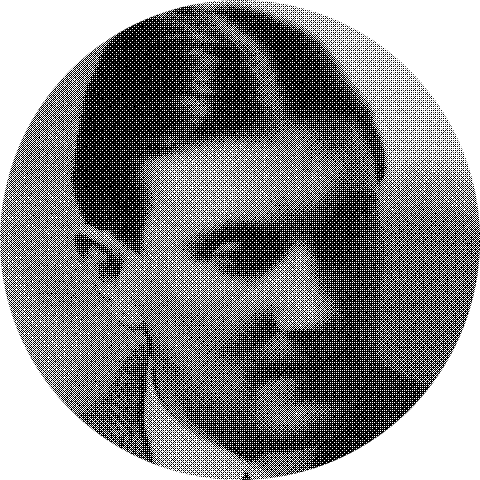The only person to downvote this is @pmjv themself 👁️
- 1 Post
- 4 Comments

 1·10 months ago
1·10 months agoI mean I never told you not to rename them lmfao. You just said “I can’t stand the titles on torrents” like people just made these really long filenames for shits and giggles. Also lots of torrent sites will feature several different kinds of rips. It’s not very convenient on the back end to have all rips of the same movie have the same file name.
Also “calm down”? Idk I thought I gave a pretty chill explanation of why things are the way they are but sorry if it didn’t come across that way.

 1·10 months ago
1·10 months ago“Titles”? It’s not a title, it’s a file name that contains a lot of details about the rip. In the post’s example it tells you that it’s the movie Split, ripped from blu ray, in 1080p, with audio tracks in Italian and English, and encoded in x265. You probably would hate a lot more not being able to tell the difference between split.mp4 recorded on my cellphone in the movie theater and split.mp4 in ultra hd 4k ripped straight from Netflix.


why do you think the Mozilla corporation losing 86% of their revenue wouldn’t hurt the Firefox browser?